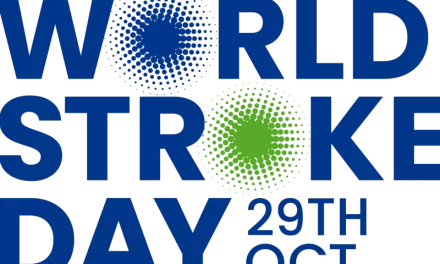February 12, 2024
Sweating, nausea, dizziness, and unusual fatigue—while they may not immediately ring alarm bells for a heart attack, a recent study suggests these symptoms are more prevalent in women during such cardiac events, particularly when resting or asleep.
Conducted by researchers at the Mayo Clinic, the study sheds light on the often overlooked and misinterpreted signs of heart attacks in women. Unlike men, women may not always experience the classic chest pain, pressure, or discomfort during a cardiac event. Instead, symptoms such as shortness of breath, nausea/vomiting, back or jaw pain, dizziness, lightheadedness, pain in the lower chest or upper abdomen, and extreme fatigue are more common.
“It’s important to first recognize the risk factors of developing heart disease and then work to curb behaviors that might exacerbate that risk,” emphasized Dr. Chatura Alur, a family medicine physician at Mayo Clinic Health System in Mankato.
Dr. Alur highlighted that certain factors, often more significant in women, contribute to heart disease development beyond traditional risks such as high cholesterol, obesity, and high blood pressure. Women should pay attention to controlling risk factors like diabetes, mental stress and depression, smoking, and leading a sedentary lifestyle.
Moreover, conditions like menopause, broken heart syndrome, and complications during pregnancy may also elevate a woman’s risk for heart disease. “Women of all ages should take heart disease seriously,” urged Dr. Alur, stressing the importance of prompt medical attention when symptoms arise.
The American Heart Association (AHA) reports that the combination of birth control pills and smoking escalates heart disease risks by 20% in young women. Shockingly, about 64% of women who suddenly die from coronary heart disease had no previous symptoms, according to the AHA.
Risk factors also intensify with age, often influenced by family history, overeating, and leading a sedentary lifestyle, all of which contribute to blocked arteries over time.
To mitigate risks, the AHA recommends regular cholesterol checks from the age of 20, or earlier in cases of a family history of heart disease. Additionally, it is crucial to monitor blood pressure regularly.
In summary, while the stereotypical symptoms of a heart attack may not always manifest in women, recognizing and understanding these atypical signs could prove lifesaving. Awareness, preventive measures, and timely medical attention are key in combating heart disease in women.












